Ancient Egyptian Contraception: The Use of Crocodile Dung
In the vast tapestry of human history, ancient civilizations often resorted to unique and sometimes surprising methods to address the challenges of everyday life. Among these was the quest for effective birth control. One of the most unusual practices on record is the use of crocodile dung by Egyptian women as a form of contraception.
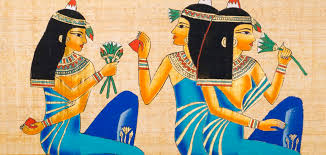
In ancient Egypt, fertility was both revered and feared. While children were seen as blessings, maintaining control over reproduction was also vital—especially in a society where lineage, inheritance, and family roles carried great significance. Without the benefits of modern science, early Egyptians relied on natural elements, spiritual beliefs, and experimental remedies to prevent unwanted pregnancies. Among the ingredients recorded in early medical papyri was crocodile excrement.
The Ebers Papyrus, one of the oldest medical texts dating back to around 1550 BCE, details various contraceptive recipes. One such method involved mixing crocodile dung with honey and sour milk, forming a kind of pasty substance. This mixture would be inserted into the vagina, functioning as a suppository or early form of a pessary. The thick consistency may have served as a physical barrier to block sperm from entering the uterus, although there is no scientific evidence that it was effective in preventing pregnancy.
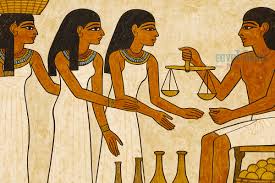
Why crocodile dung? In ancient Egyptian culture, crocodiles were linked to the god Sobek, a deity associated with fertility, protection, and strength. It's possible that using crocodile waste had symbolic as well as practical implications, aligning with religious beliefs and magical practices common in Egyptian medicine. The dung may have also been thought to provide a chemical environment hostile to sperm, though the actual efficacy of such a method would be questionable by modern standards.
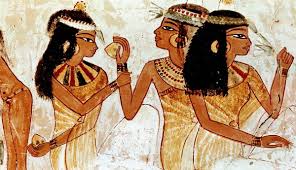
This method, while unusual to us today, reflects the ingenuity and resourcefulness of ancient people striving to control reproduction with the tools available to them. Despite the unsanitary and likely ineffective nature of using animal waste for contraception, it demonstrates an early understanding of the need to intervene in the reproductive process—an understanding that would eventually evolve into modern contraceptive science.
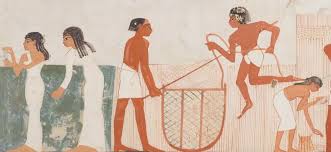
The use of crocodile dung by Egyptian women symbolizes the intersection of early medical experimentation and cultural belief. It highlights the lengths to which ancient civilizations went to manage fertility, long before the invention of pills or condoms. Though bizarre, it marks an important chapter in the history of human reproductive health.
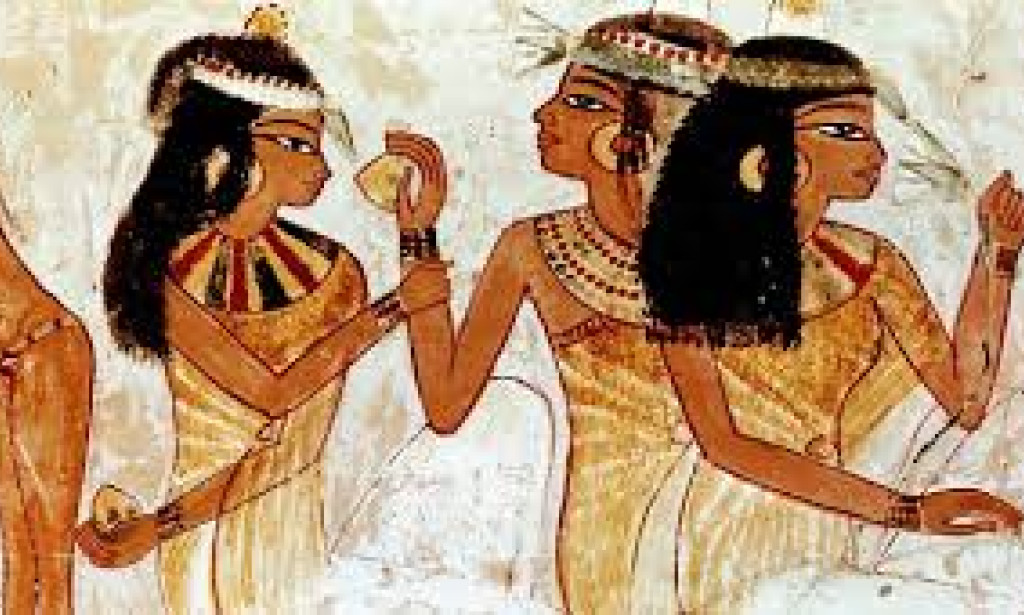
You must be logged in to post a comment.